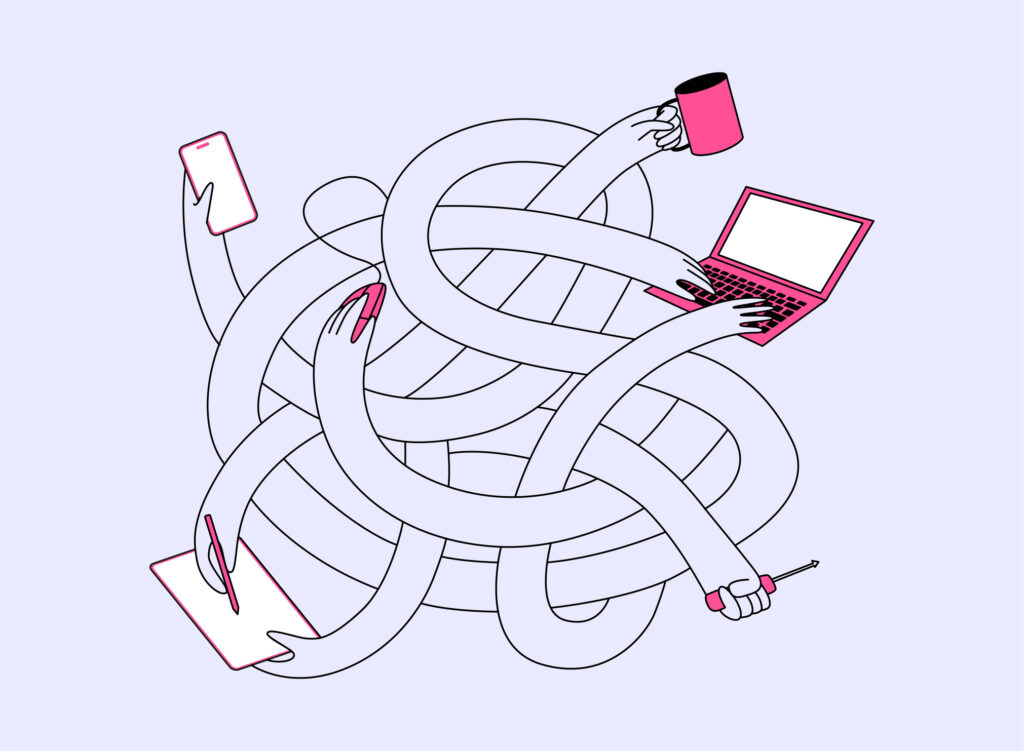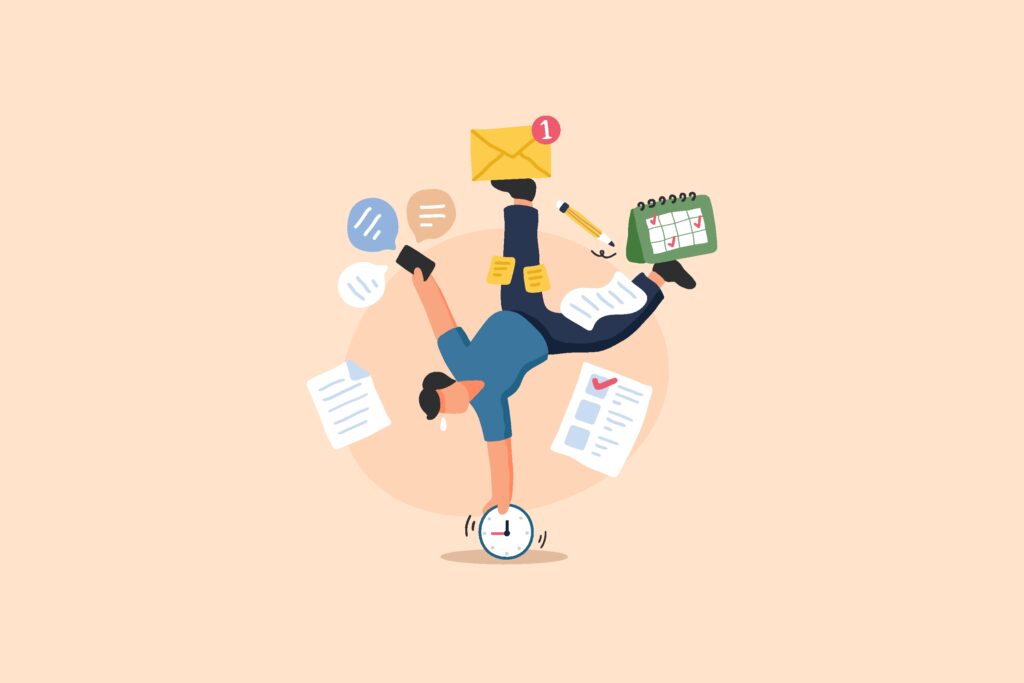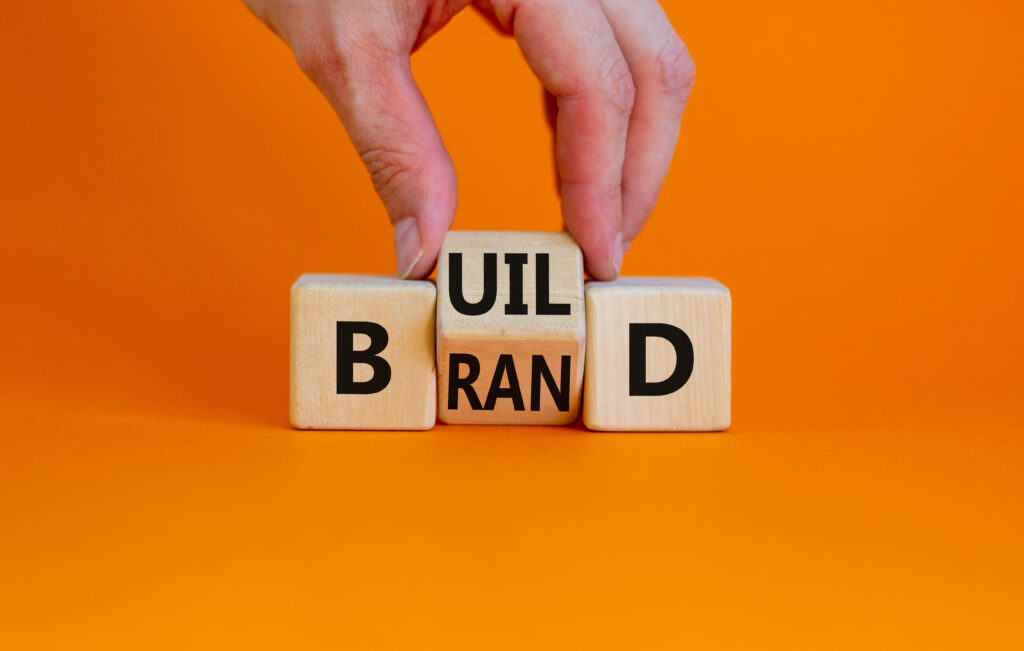For a while, multitasking has been hailed as an impressive skill that stands as a symbol of productivity. You might have even touted your ability to multitask within your resume or a job interview. It can especially feel like a badge of honor in the legal profession; switching between checking emails, drafting a motion, prepping for trial during client calls, reviewing documents...and all before lunch!
Unfortunately, our brains are not built for switching between tasks at a rapid pace. In fact, multitasking might even be having the opposite effect on productivity levels! Research shows that it can hinder memory, increase stress, and compromise decision-making—something lawyers cannot afford.
In the era of constant notifications, urgent deadlines, and never-ending to-do lists, it's time to acknowledge that multitasking is not the golden symbol of productivity we all thought it was. Let's find out why trying to do everything at once could be costing you clarity, credibility, and cognitive function...

The Negative Effects of Multitasking
Humans today are facing an incredible amount of mental overstimulation. Our ancestors, even a mere one hundred years ago, would baulk at the amount of information we intake in a single day. Workloads have gotten so heavy, and technology has evolved so fast, that our brains aren't evolving fast enough to keep up. Despite what we tell ourselves, our minds are not wired for this excessive stimulation or rapid toggling between tasks.
Multitasking not only hinders productivity, but it also increases mental fatigue as you constantly shift gears. This has a negative effect on your working memory and executive function (two essentials in legal analysis). When you keep switching tasks, it's like hitting the restart button on a computer. This type of mental reset can easily exhaust you, leading to a shorter attention span over time, reduced problem-solving ability, and decision paralysis. Think of your brain as an internet browser where too many open tabs slow down the system or causes the program to quit altogether.
Studies have shown that people who frequently multitask are more likely to overlook important details and misinterpret information. For lawyers, this could mean slower drafting, missed details, or decreased comprehension when in the courtroom or meeting with a client. A single oversight in a contract or a misread deadline can have real-world consequences for you and your clients.
The scariest part? Chronic multitasking can rewire your brain, impairing your long-term memory and ability to concentrate. That means less deep work, a shorter attention span, more mental clutter, and a diminished capacity to think strategically.

How do you fix this?
Are you seeing yourself in this article? Do you find scattered thoughts entering and leaving your head too fast? Or do you find your mind growing bored with one task after a few minutes and aching to move onto the next? If so, I'm right there with you—here's how we can conquer our bad habits and rewire our brains.
Prioritize deep work. Block out time in your busy schedule for uninterrupted work and choose to focus on a single task. Silence your notifications, close extra browser tabs (both in your mind and on your laptop), and don't overload your mental bandwidth. Try not to reach for your phone unless you absolutely have to, because that thing is full of distractions.
Group similar tasks. If your to-do list is looking a bit too lengthy, reorganize it by grouping similar tasks together. For example, respond to emails at designated intervals throughout the day instead of jumping into your inbox whenever you hear a ding. Group your phone calls, document reviews, or research sessions at a specific time to minimize cognitive shifting.
Practice mindfulness. If you're an avid reader of Raising the Bar, you already know that mindfulness is merely being present in the moment. Even five minutes of mindfulness a day can retain your brain for better focus. If you're interested in learning more, PBI offers a number of mindfulness-centered CLEs to help you be at your best.
Experiment. Do you have a secret weapon to maintain focus? If I find my multitasking mind acting up, I'll throw my brain a little "chew toy" in the form of music. It boosts my productivity while soothing my mind. However, the music needs to be calm and without lyrics, or else it risks becoming a distraction. Experiment with what works best for you and your focus needs!
Know your limits. At the end of the day, you're a human, not a machine. Your brain works hard, so don't be afraid to give yourself permission to pause and recharge...and recognize that sometimes, doing one thing well is better than doing five things halfway.
And remember: Clarity wins cases!



